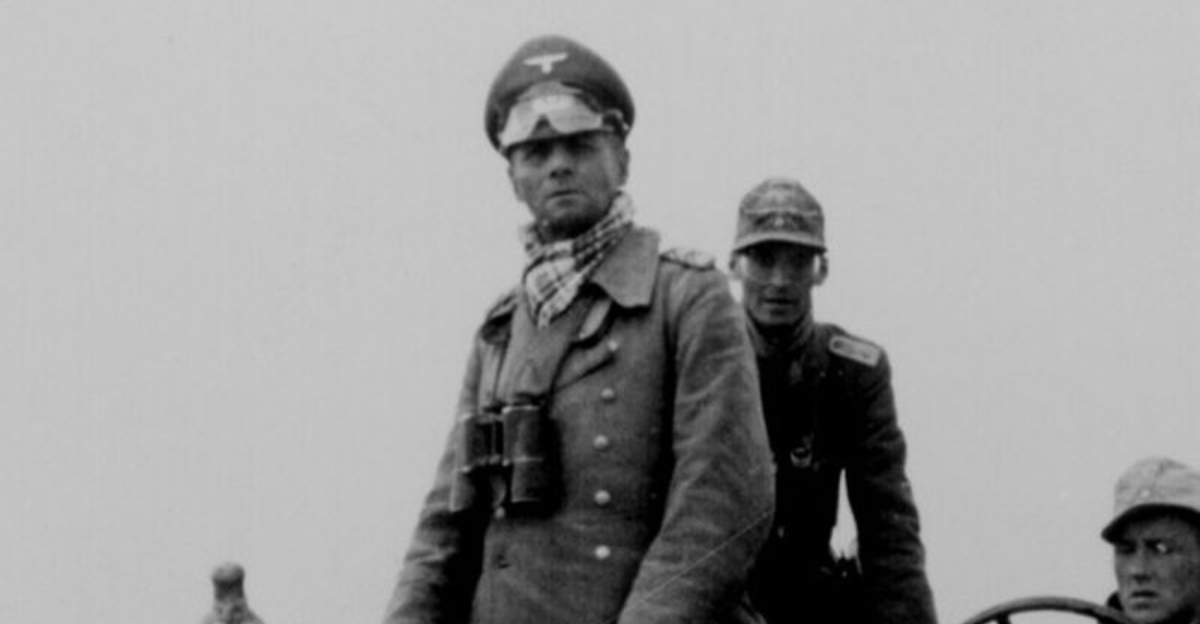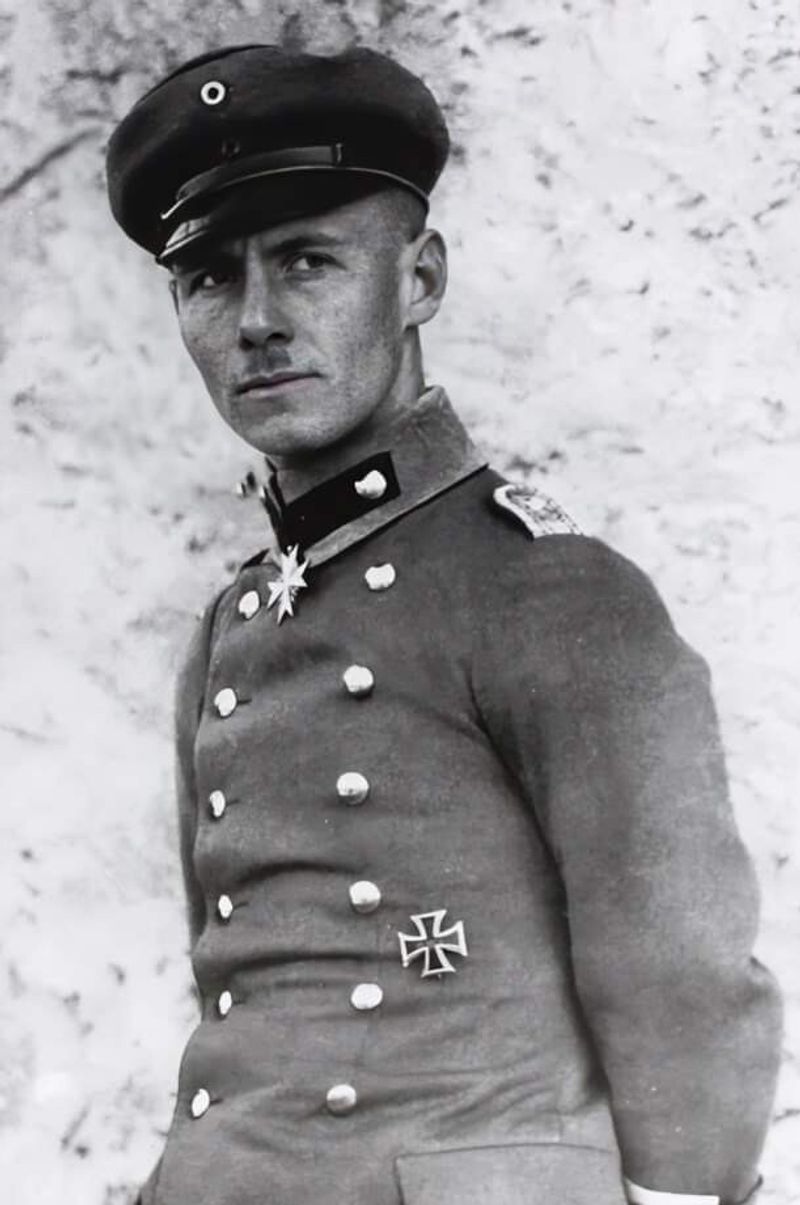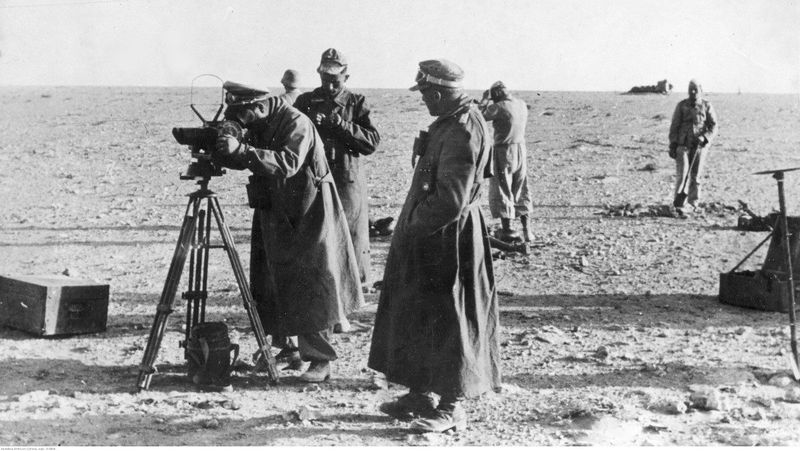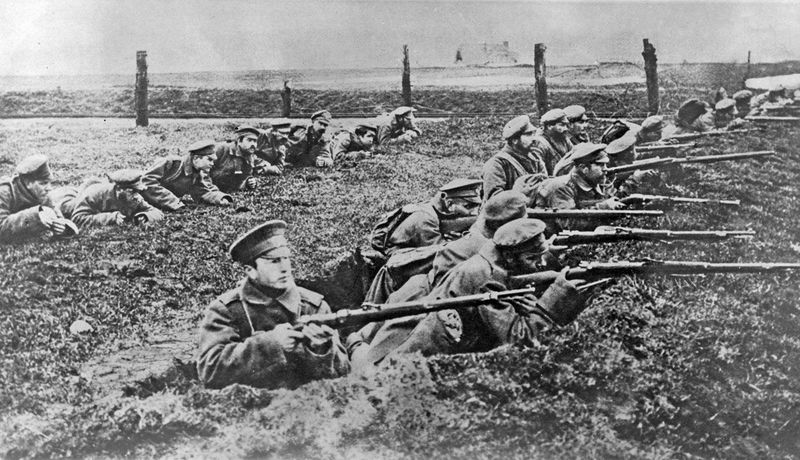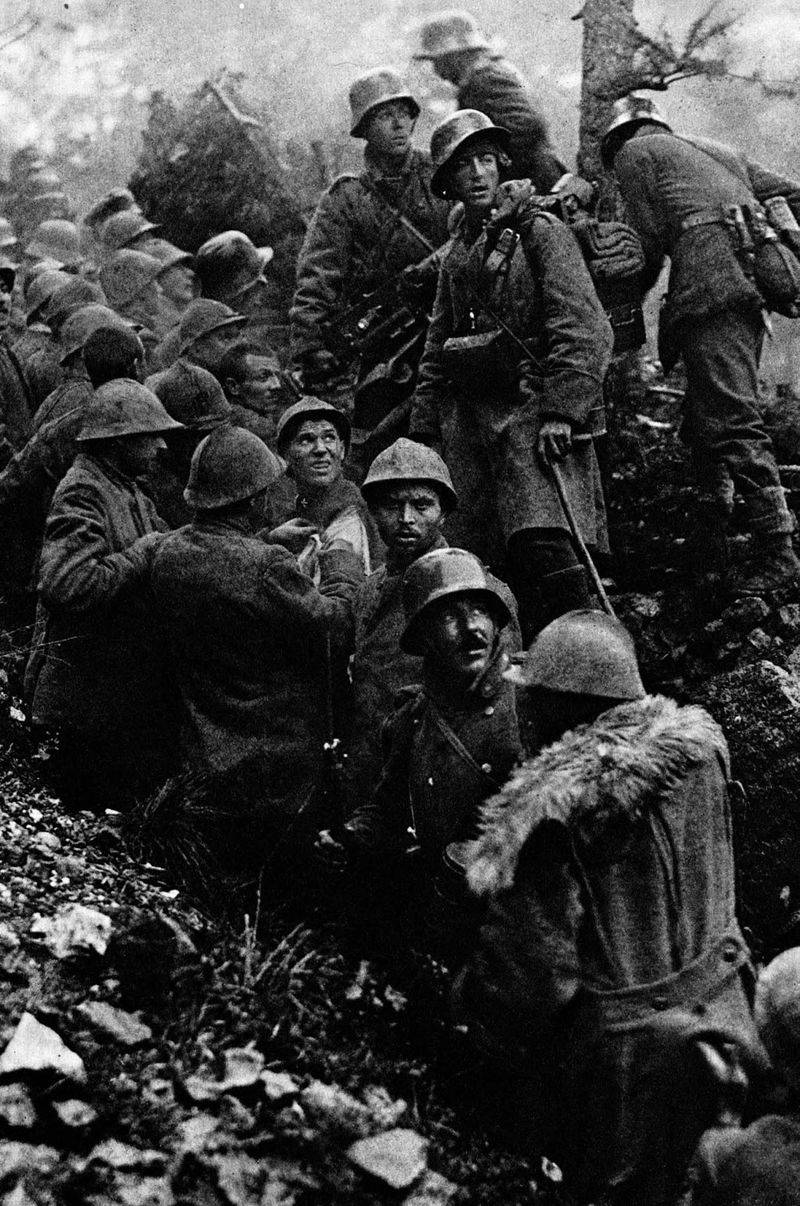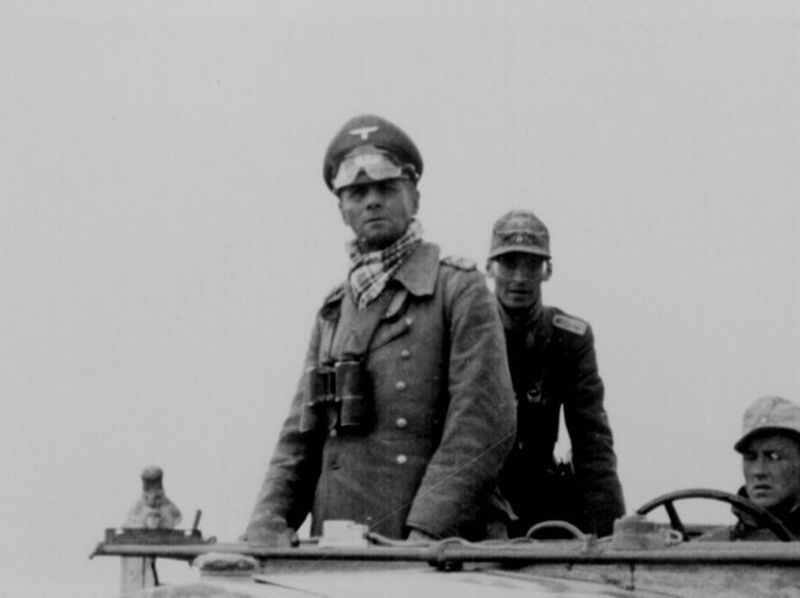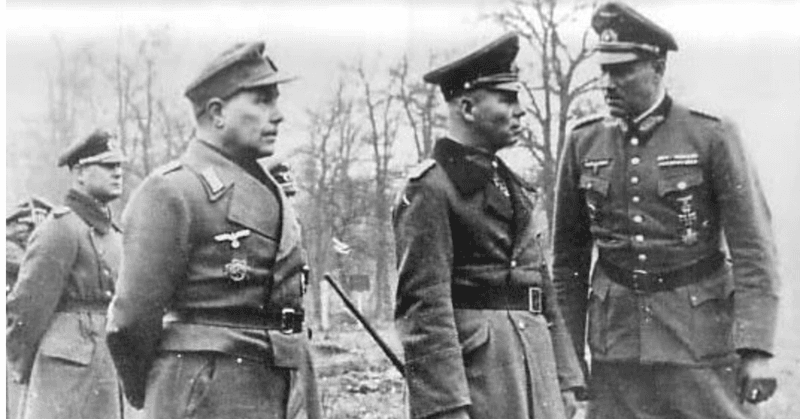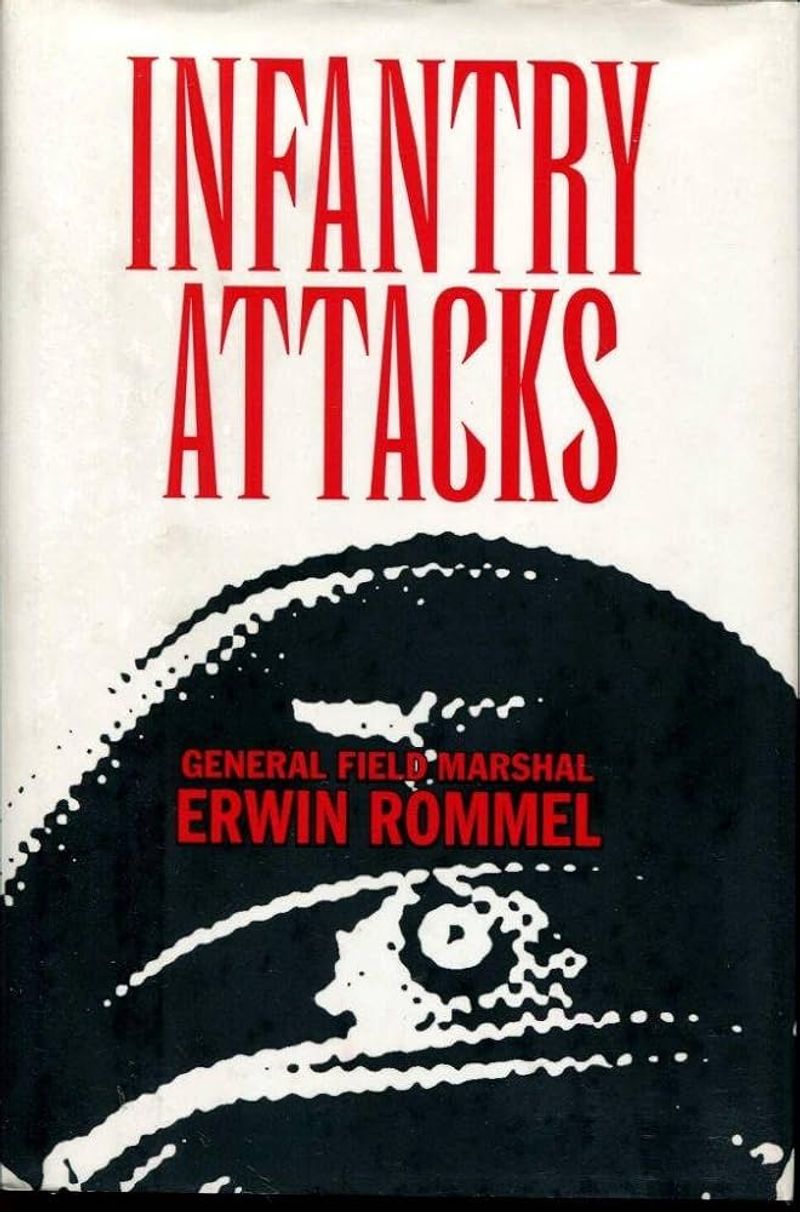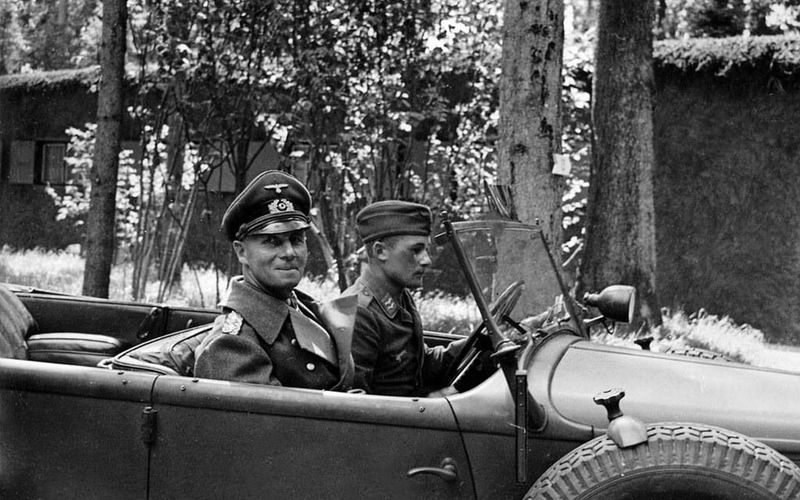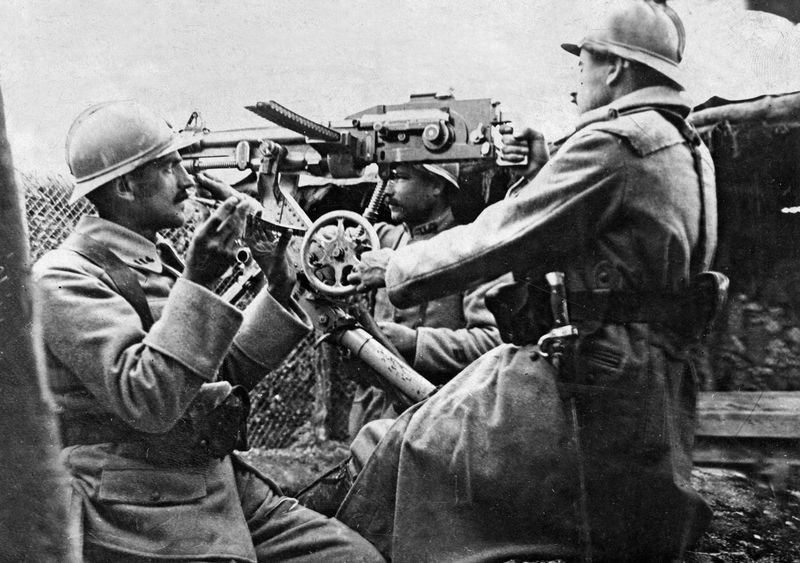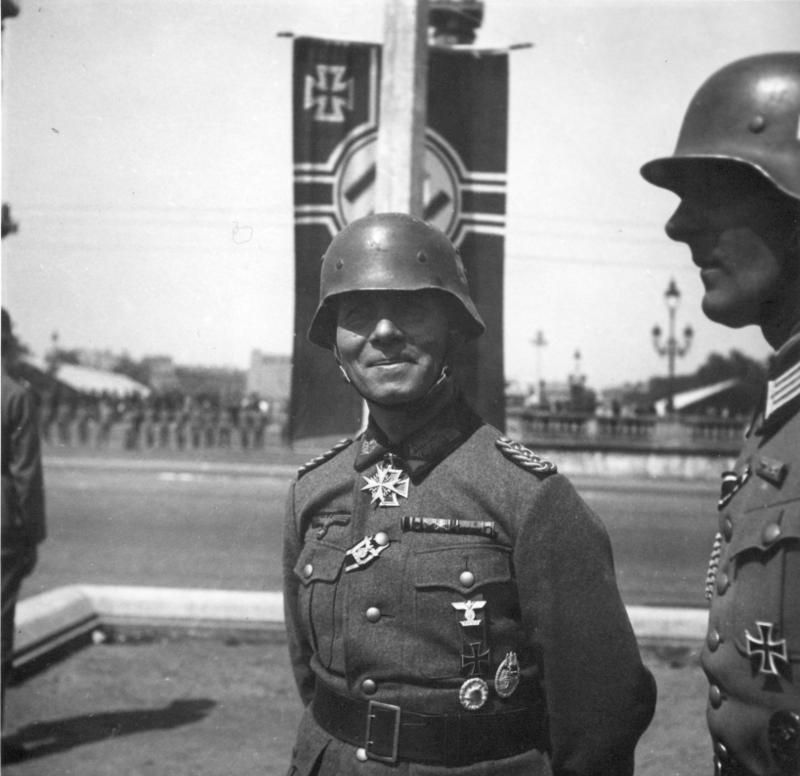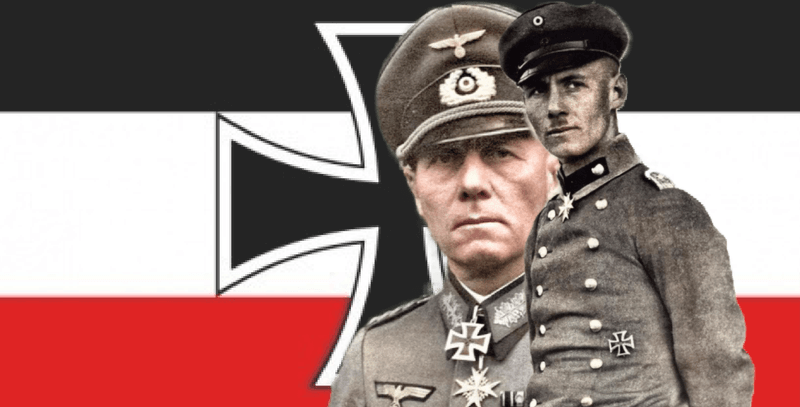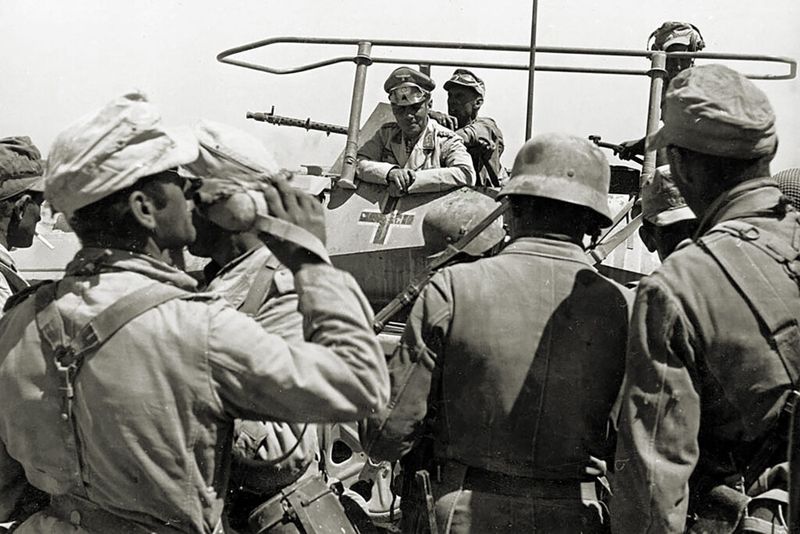Erwin Rommel, widely known as the “Desert Fox,” gained fame during World War II. However, his World War I service is equally intriguing, filled with daring feats, controversies, and lessons that shaped his military career. Here are 13 lesser-known facts about Rommel’s WWI service that offer a glimpse into the early formative years of one of history’s most enigmatic military leaders.
1. He Wasn’t Supposed to Be an Officer
Rommel’s journey to becoming an officer was unconventional. Coming from a middle-class family without aristocratic ties, he faced obstacles in the Prussian-dominated German Army. Despite this, his natural combat brilliance was undeniable. His superiors couldn’t ignore his tactical genius and were forced to promote him, defying traditional norms. Rommel’s rise through the ranks showcased his relentless determination and ability to challenge the status quo. His career path remains an inspiration for those who break barriers. Ironically, his early struggles steeled him for future challenges, shaping him into the renowned leader he became.
2. He Fought in Romania—Not Just France
Rommel’s military exploits weren’t confined to the famous Western Front. In 1916 and 1917, he played a critical role in Romania, utilizing tactics that echoed his later WWII strategies. His ability to maneuver swiftly and strike decisively left a lasting impact on his foes. These experiences honed his skills in mobile warfare, foreshadowing the blitzkrieg tactics he famously employed during the Second World War. The Romanian campaign highlighted his innovative approach, which defied conventional methods and underscored his visionary leadership. His actions in Romania remain a testament to his strategic foresight.
3. His First Near-Death Experience Was Friendly Fire
In 1915, Rommel narrowly escaped death not from enemy action but from friendly fire. During a chaotic retreat, a German artillery shell almost ended his life. This harrowing experience imprinted on him the critical importance of clear communication in battle. Ironically, the lesson learned from this incident was later ignored during the Normandy campaign of WWII. The near-death experience was a turning point, instilling a cautious yet decisive approach in Rommel’s tactics. It served as a stark reminder of the unpredictable nature of war, shaping his future battle strategies.
4. He Captured 9,000 Soldiers… With 150 Men
At the Battle of Caporetto in 1917, Rommel’s audacity was on full display. With only 150 men, he managed to capture 9,000 Italian soldiers through sheer bluff and tactical genius. Rommel’s “fake it till you make it” strategy became legendary. This operation wasn’t just a military success but a psychological triumph, showcasing his ability to think outside the box. The feat highlighted his exceptional leadership and confidence, qualities that would define his career. This daring maneuver remains one of the most extraordinary moments of WWI, reflecting his innovative military mind.
5. He Was Shot in the Leg—And Kept Fighting
In 1914, Rommel was wounded in the leg during a fierce battle. Remarkably, he refused evacuation, choosing to hold his position for hours. This act of resilience and bravery exemplified his unwavering commitment to duty. His Iron Cross citation was processed in just three days, an unprecedented speed for a junior officer. Rommel’s determination and refusal to yield under pressure became hallmarks of his leadership style. The incident showcased his iron will and tenacity, traits that would later define his military career. Rommel’s actions inspired his men, solidifying his reputation as a formidable leader.
6. He Hated Trench Warfare
Unlike many commanders of his time, Rommel had a distinct aversion to trench warfare. He preferred mobile, lightning raids over static battles of attrition. This disdain for traditional methods later led to clashes with Hitler over WWII strategies. Rommel’s innovative approach set him apart, emphasizing speed and surprise. His tactics, although unconventional, proved highly effective and influenced future military doctrines. The experience from WWI shaped his leadership style, favoring flexibility and adaptability. Rommel’s strategic genius lay in his ability to foresee the changing nature of warfare, making him a unique figure in military history.
7. He Wrote a Bestseller… And the Nazis Censored It
Rommel’s 1937 book, “Infantry Attacks,” became a bestseller, detailing his WWI experiences. However, the Nazis later censored it, removing criticisms of the German High Command to maintain the illusion of infallible leadership. Rommel’s writing offered insights into his tactical thinking and the challenges he faced. The book’s success underscored his analytical mind and ability to articulate complex military strategies. Despite the censorship, “Infantry Attacks” remains a valuable resource for understanding Rommel’s tactical brilliance. It reflects his willingness to critique authority, a trait that often put him at odds with his superiors.
8. He Was a One-Man Army at Mount Cosna
In a bold move in 1917, Rommel single-handedly stormed a fortified peak at Mount Cosna, capturing the entire Romanian garrison. His superiors initially deemed this act “reckless,” yet it proved successful. Rommel’s audacity and tactical acumen shone through, turning a risky maneuver into a celebrated victory. This feat highlighted his willingness to take calculated risks and his exceptional courage on the battlefield. His ability to inspire his men and achieve the seemingly impossible was a testament to his extraordinary leadership. The Mount Cosna operation remains a symbol of his fearless approach to warfare.
9. He Was Almost Court-Martialed for Disobedience
Rommel’s aggressive tactics often put him at odds with conservative generals, almost leading to a court-martial for disobedience. They accused him of “endangering his men,” a charge that stemmed more from his innovative approach rather than recklessness. Only his undeniable battlefield success shielded him from severe consequences. This incident highlighted the friction between traditional military thinking and Rommel’s unconventional methods. His ability to achieve results often silenced his critics, proving the effectiveness of his strategies. Rommel’s experiences with military politics shaped his understanding of leadership and the challenges of commanding respect.
10. He Fought Alongside Future Enemies
During the Battle of the Somme, Rommel unknowingly fought against British officers who would become his adversaries in WWII. Among them were mentors of Bernard Montgomery, his future North African opponent. This twist of fate underscored the intricacies of military alliances and rivalries. Rommel’s experiences on the Somme battlefield provided invaluable lessons in strategy and tactics, shaping his future warfare approach. The irony of fighting alongside future enemies adds a unique layer to his military career, reflecting the ever-changing dynamics of war and the unpredictable nature of historical relationships.
11. His First Medal Was Stolen
Rommel’s first significant recognition came with the 1914 Iron Cross 2nd Class, awarded for his bravery in battle. However, this prestigious medal was stolen by Allied soldiers in 1945, adding a mysterious chapter to his legacy. The theft of the medal symbolizes the chaos and upheaval of war, where even symbols of honor are not spared. Despite the loss, Rommel’s reputation as a courageous leader remained intact. This incident serves as a poignant reminder of the unpredictable and often unjust nature of history, where even the most cherished accolades can vanish without a trace.
12. He Was a POW (Briefly)
In 1918, exhaustion led to Rommel’s brief capture by Italians. Demonstrating his cunning, he escaped within days by feigning illness. This episode showcased his resourcefulness and determination to avoid captivity. Rommel’s escape added to his legend as a tenacious and quick-thinking leader. His ability to remain composed under pressure was a testament to his mental fortitude. This experience reinforced his reputation for resilience and adaptability, qualities that defined his military career. Rommel’s brief stint as a POW is a lesser-known yet significant aspect of his wartime narrative, highlighting his indomitable spirit.
13. The Allies Studied His WWI Tactics… Then Used Them Against Him
British commanders meticulously studied Rommel’s WWI tactics before WWII, turning his own strategies against him at El Alamein. This ironic twist highlighted the respect and fear his methods commanded among adversaries. Rommel’s innovative raids and maneuvers were dissected and used to develop counter-strategies, illustrating the cyclical nature of military tactics. The Allies’ ability to adapt and learn from his past successes underscores the ever-evolving art of warfare. Rommel’s influence on military thought was profound, shaping not only his own campaigns but also those of his opponents, making him a pivotal figure in military history.
